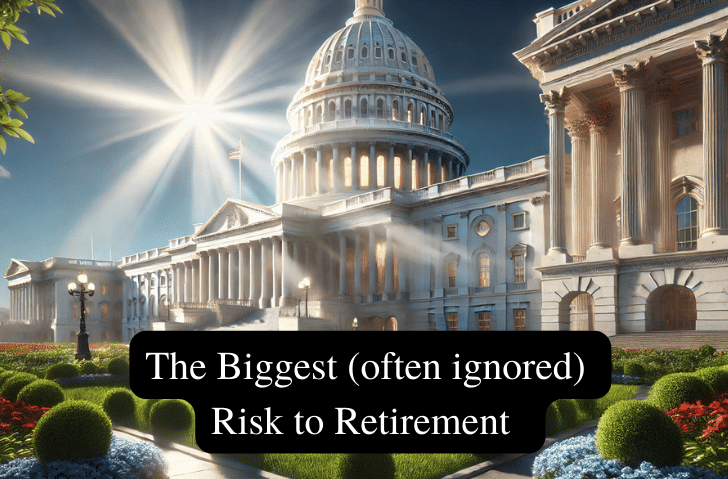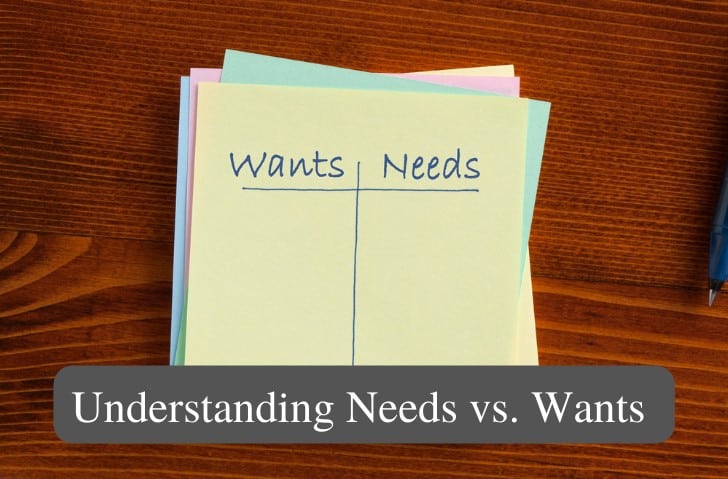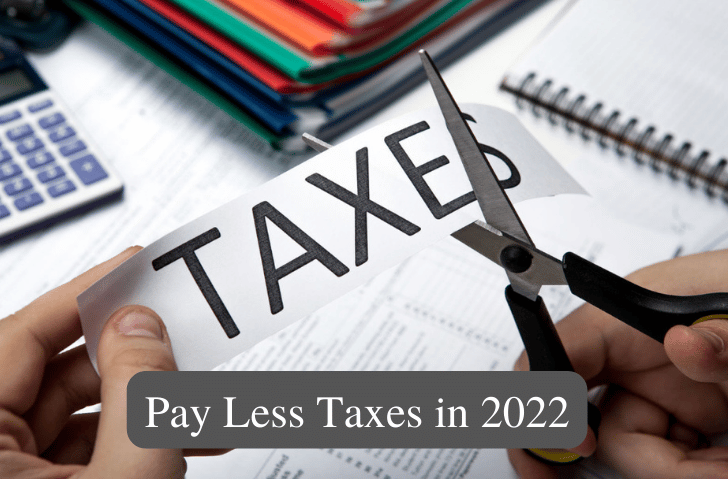As we approach the Super Bowl, many of us are excited about the big game and might even place bets on your favorite team. However, it’s important to understand that just because you can pick the winning team in the Super Bowl, it doesn’t mean AT ALL that you are a good investor. Read More












